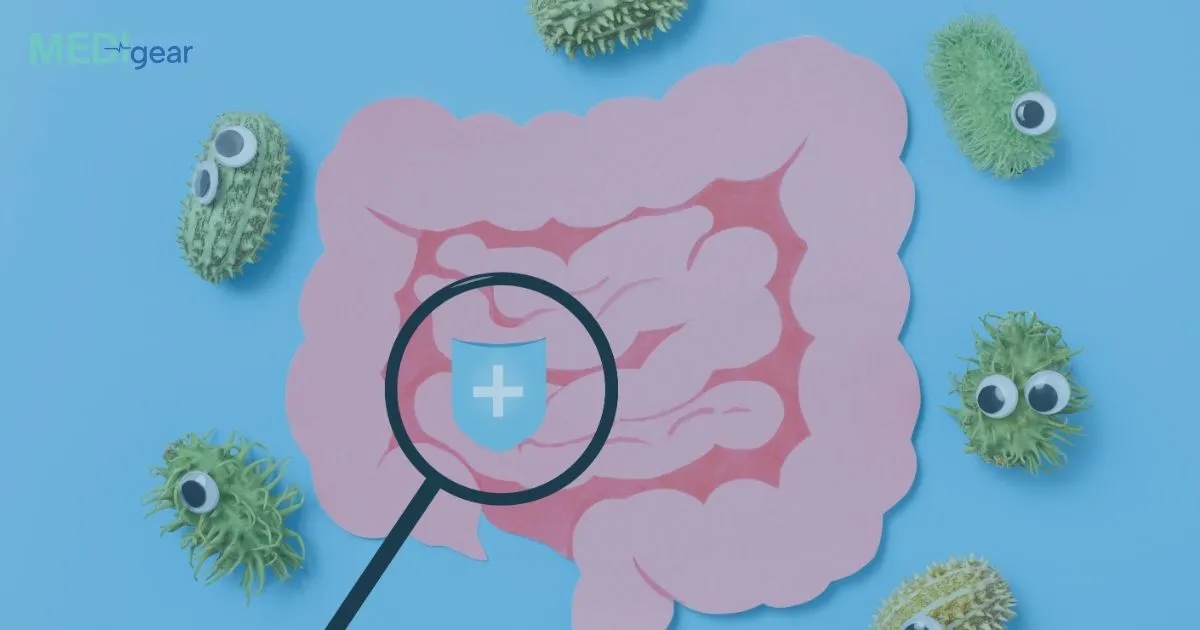Blood tests are among the most fundamental and informative diagnostic tools in modern medicine.
A simple vial of blood can uncover a wealth of information about your body’s internal state — from nutrient levels and organ function to infections, inflammation, and even early signs of chronic disease.
By analyzing specific biomarkers, clinicians can detect hidden health problems long before symptoms appear, making blood testing one of the most effective tools for preventive healthcare.
1. Why Blood Tests Are So Powerful
Blood flows through every organ and tissue, carrying oxygen, nutrients, hormones, and waste products. Because of this, changes in the blood can reflect what’s happening throughout the body — making it a real-time snapshot of your health.
Routine blood tests help doctors:
- Identify diseases early (before symptoms develop)
- Monitor chronic conditions such as diabetes or heart disease
- Assess organ function, including liver, kidney, and thyroid
- Track treatment response and medication safety
- Detect deficiencies, infections, and metabolic imbalances
2. Common Types of Blood Tests and What They Reveal
Each test focuses on specific components of blood to assess different aspects of health.
a. Complete Blood Count (CBC)
Measures red blood cells, white blood cells, hemoglobin, hematocrit, and platelets.
Reveals:
- Anemia or blood loss (low red cell count or hemoglobin)
- Infection or immune disorders (high white cell count)
- Bone marrow problems or leukemia (abnormal cell patterns)
- Clotting issues (abnormal platelet levels)
The CBC is often the first test used to identify underlying illness or fatigue-related causes.
b. Comprehensive Metabolic Panel (CMP)
Assesses liver and kidney function, electrolytes, and blood sugar levels.
Reveals:
- Liver disease (elevated ALT, AST, or bilirubin)
- Kidney dysfunction (high creatinine or BUN)
- Diabetes or insulin resistance (high glucose)
- Electrolyte imbalances (sodium, potassium, chloride)
These markers indicate how well the body filters toxins, manages energy, and maintains fluid balance.
c. Lipid Profile (Cholesterol Test)
Measures total cholesterol, LDL (“bad”), HDL (“good”), and triglycerides.
Reveals:
- Heart disease risk (high LDL or triglycerides)
- Metabolic syndrome
- Response to diet or statin therapy
Regular lipid testing helps detect cardiovascular risk early, allowing for timely lifestyle or medication interventions.
d. Thyroid Function Tests
Includes TSH, T3, and T4 hormone levels.
Reveals:
- Hypothyroidism (underactive thyroid → fatigue, weight gain)
- Hyperthyroidism (overactive thyroid → weight loss, anxiety, palpitations)
Since thyroid disorders develop gradually, blood tests are crucial for early detection and treatment.
e. Blood Sugar (Glucose and HbA1c Tests)
Checks both current and long-term blood glucose control.
Reveals:
- Prediabetes or diabetes
- Effectiveness of insulin therapy
The HbA1c test reflects average blood sugar levels over the past 3 months, providing a more complete picture than a single glucose reading.
f. Inflammatory Markers (CRP, ESR)
Measure the presence of inflammation in the body.
Reveals:
- Chronic inflammatory diseases (e.g., arthritis, lupus)
- Infections or autoimmune disorders
- Heart disease risk, as persistent inflammation can damage arteries
g. Vitamin and Mineral Panels
Assess levels of key nutrients such as vitamin D, B12, iron, and calcium.
Reveals:
- Nutritional deficiencies affecting energy, bone health, or nerve function
- Anemia (low iron or B12)
- Osteoporosis risk (low vitamin D or calcium)
h. Hormone Panels
Measure sex hormones (estrogen, progesterone, testosterone) and stress hormones (cortisol).
Reveals:
- Reproductive or fertility issues
- Menopause or andropause status
- Chronic stress or adrenal fatigue
i. Kidney and Liver Enzyme Tests
Evaluate the body’s detoxification and filtration systems.
Reveals:
- Liver damage from alcohol, medications, or infections
- Kidney disease from diabetes or hypertension
These tests often detect issues before symptoms like swelling or fatigue appear.
3. How Blood Tests Detect Hidden or Silent Conditions
Many diseases develop silently, with few or no outward symptoms in their early stages. Blood tests detect biochemical changes long before noticeable effects occur.
Examples include:
- Diabetes: Detected years before vision loss or nerve damage through elevated HbA1c.
- Chronic kidney disease: Identified early by rising creatinine and reduced filtration rate.
- Heart disease: Elevated CRP and cholesterol signal arterial inflammation before blockage.
- Cancer: Certain tumors release biomarkers (like PSA for prostate or CA-125 for ovarian) detectable in blood.
- Nutrient deficiencies: Low vitamin D or iron can cause fatigue before anemia becomes severe.
4. Frequency and Importance of Routine Testing
Doctors often recommend:
- Annual blood tests for healthy adults.
- More frequent monitoring for individuals with chronic conditions (e.g., diabetes, thyroid disease, hypertension).
Regular blood work helps establish a baseline, allowing even small deviations to be detected early.
5. Modern Advances in Blood Testing
Recent innovations are making blood diagnostics faster, more precise, and more informative:
- AI-powered interpretation: Algorithms now predict disease risk from blood biomarker patterns.
- Micro-sample testing: Finger-prick tests provide accurate lab results from a few drops of blood.
- Molecular and genetic blood tests: Identify predispositions to diseases like cancer or Alzheimer’s.
- Liquid biopsy technology: Detects cancer DNA fragments circulating in the bloodstream — a breakthrough in early oncology diagnostics.
6. Preparing for a Blood Test
For accurate results:
- Fast for 8–12 hours if required (for glucose or lipid tests).
- Avoid alcohol or caffeine the day before.
- Stay hydrated, as dehydration can skew results.
- Inform your doctor about medications or supplements you’re taking.
7. Limitations and Interpretation
While highly valuable, blood tests should always be interpreted in context.
- Abnormal results don’t always mean disease; temporary factors (stress, diet, dehydration) can alter values.
- A qualified clinician should analyze results alongside medical history, symptoms, and lifestyle factors.
Conclusion
Blood tests are one of the most efficient, non-invasive ways to detect hidden health problems and track overall wellness.
From identifying early metabolic changes to assessing organ health, they empower doctors to take preventive action long before serious complications develop.
Regular testing — combined with healthy habits and medical guidance — forms the foundation of proactive, personalized healthcare.
Disclaimer:
This article is for educational and informational purposes only. It should not replace professional medical advice. Always consult a qualified healthcare provider for interpretation of test results or diagnosis.






